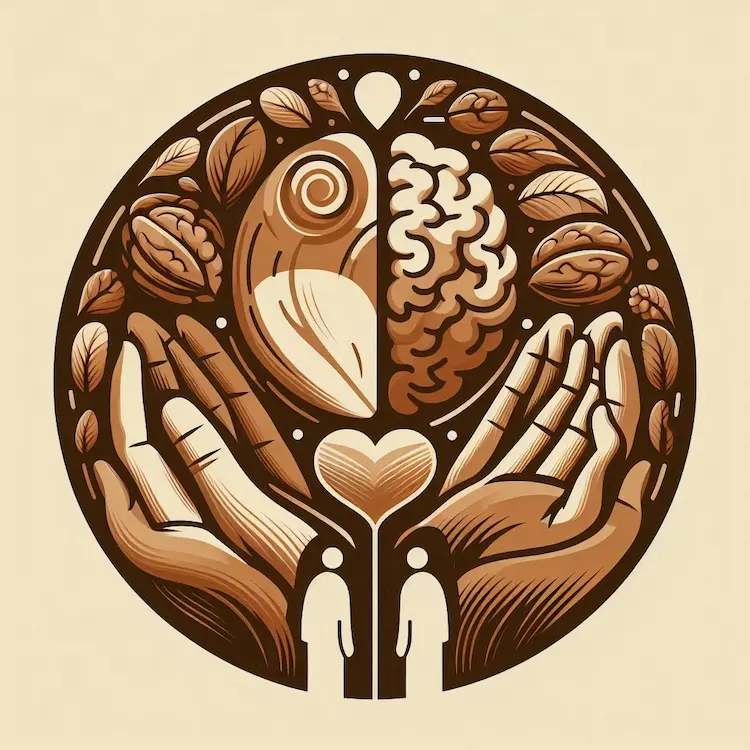Managing Stress
Managing stress involves a multi-pronged approach, including lifestyle changes, relaxation techniques, and support systems. Here's a breakdown of key strategies.
Lifestyle Adjustments
- • Regular Exercise: Physical activity releases endorphins, which have mood-boosting and stress-reducing effects.
- • Healthy Diet:Eating a balanced diet, rich in fruits, vegetables, and whole grains, can improve overall well-being and reduce the impact of stress.
- • Prioritize Sleep: Aim for 7-9 hours of quality sleep each night, as sleep deprivation can worsen stress.
- • Limit Alcohol and Smoking: These substances can worsen stress and negatively impact overall health.
- • Spend Time Outdoors: Exposure to nature has been shown to reduce stress and improve mood.
Key Aspects of Mental Health Recognition

Awareness
Recognizing that mental health issues are common and can affect anyone, promoting understanding and reducing stigma.

Identifying Warning Signs
Knowing the signs and symptoms of various mental health conditions, which can include changes in mood, behavior, sleep, appetite, and energy levels.

Understanding the Impact
Recognizing that mental health conditions can impact a person's thinking, feelings, behavior, and mood.

Promoting Help-Seeking
Encouraging individuals to seek professional help when needed and understanding that seeking help is a sign of strength and not a weakness.

Reduced Stigma
By increasing awareness and promoting understanding, mental health recognition helps to reduce stigma and create a more supportive environment for individuals with mental health conditions.

Improved Quality of Life
By providing individuals with the support and resources they need, mental health recognition can lead to improved quality of life and well-being.